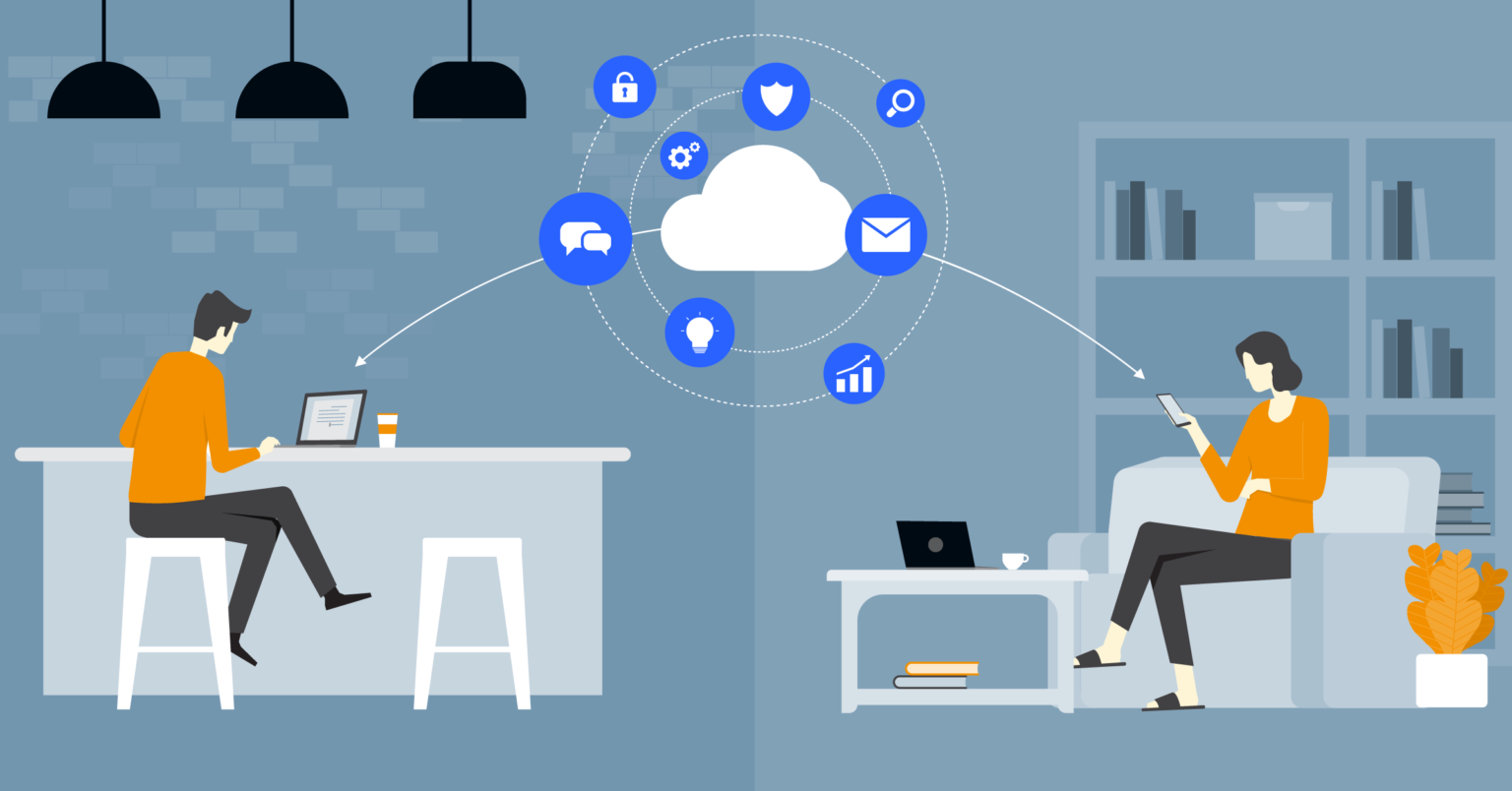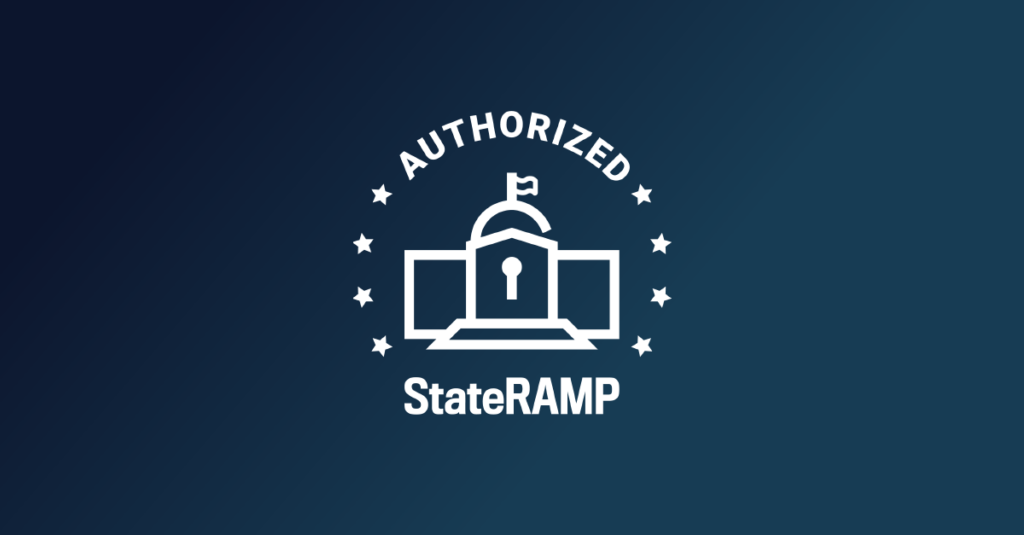Serving First Responders During the COVID-19 Crisis
Max Landow | 24 March 2020 | 2 minute read

Over the last month, with the rapid spread of COVID-19 and the associative rise in global panic, we have thought deeply about our responsibilities as not only employers and community members, but also as service providers to the brave and selfless public safety organizations we are proud to call our customers. Unlike Mark43 and many other organizations, first responders don’t have the luxury of being able to work remotely and self-quarantine. In this challenging time, it is our objective to continue to support them as they continue to serve our communities.
Given that remote work is widely considered one of the most effective mitigation strategies (and is a core part of the Mark43 business continuity plan), we conducted a risk-assessment exercise across all teams to determine how working remotely for an extended period of time would impact our operations and employees. Specifically, we looked at short and long term impacts on our core operating metrics, which include our ability to launch new customers and maintain customer commitments, such as 24/7 support. Beyond our product development and customer-facing teams, we heavily considered the effects on functions such as hiring, which are less likely to be recognized in the short term, but are just as important as we continue to scale and support more customers globally.
After digesting and synthesizing our findings from the risk-assessment exercise, we built a plan to ensure we continue to provide industry-leading, mission-critical support to our customers, while also protecting our workforce and doing our part to slow community spread. In the process, we consulted with experts and looked to other businesses across multiple industries to validate our approach as being responsible and thoughtful to all affected parties. Below are the key points of our response plan to the outbreak of COVID-19:
Key Points:
- We established a well-defined set of triggers for travel restrictions and remote work mandates. These triggers include regional infection levels, the global mortality rate, and authority recommendations.
- We put business systems and processes in place to keep operating normally and provide our regular services such as 24/7 support. Our team has worked hard to ensure we are prepared to do all of the following virtually: (1) conduct all meetings (customer, third-party, internal), (2) interview and hire candidates, and (3) onboard new employees with minimal impact to ramp-up time and productivity.
- Through the use of tools such as VPNs and multi-factor authenticators (among a slew of others), we have prepared ourselves to maintain existing security standards and are committed to continuing to comply with public-safety related standards such as CJIS (Criminal Justice Information Services).
- We assembled an internal crisis response team that meets daily to assess (1) the spread of COVID-19, and (2) our internal and external response efforts. Following daily standups, we post internal updates to keep the team informed.
The bottom line is, we are all in uncharted waters. We feel the best way to mitigate this uncertainty is through a combination of (1) a plan that’s both clear and fluid, (2) constant monitoring, and (3) consistent communication. We are committed to keeping our employees and communities safe, and are proud to continue to provide the highest quality of support to our customers. They won’t go off duty, and neither will we.




